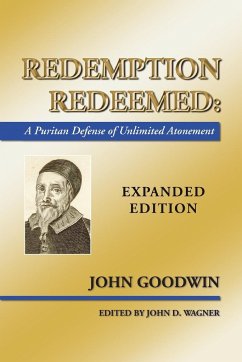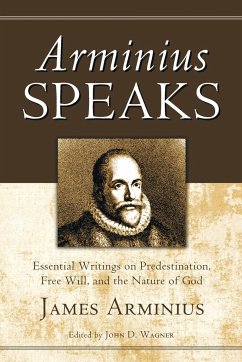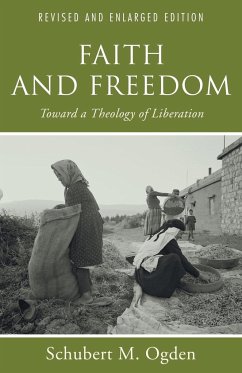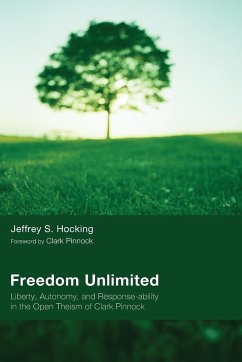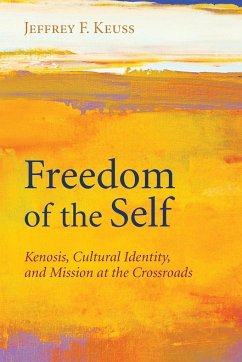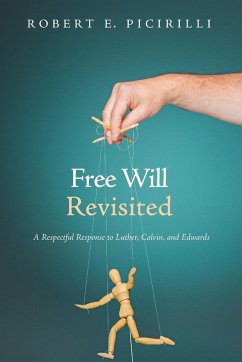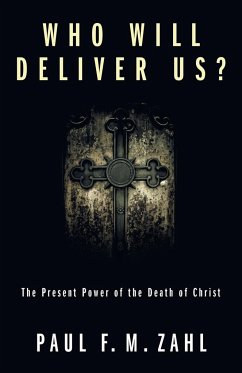
Freedom of the Will
Versandkostenfrei!
Versandfertig in 1-2 Wochen
35,99 €
inkl. MwSt.
Weitere Ausgaben:

PAYBACK Punkte
18 °P sammeln!
Is the human will in bondage to sinful motives, to the point that people cannot make truly free decisions? Daniel D. Whedon, a prominent nineteenth-century Wesleyan theologian, takes aim at this central thesis of the famed theologian Jonathan Edwards. In this new edition of his widely admired 1864 work, Whedon offers a step-by-step examination of Edwards's positions and finds them lacking in Biblical and logical support. Within his position against Edwards, he argues that the difference between natural ability and moral ability is meaningless, that Edwards's deterministic ""necessitarian"" arg...
Is the human will in bondage to sinful motives, to the point that people cannot make truly free decisions? Daniel D. Whedon, a prominent nineteenth-century Wesleyan theologian, takes aim at this central thesis of the famed theologian Jonathan Edwards. In this new edition of his widely admired 1864 work, Whedon offers a step-by-step examination of Edwards's positions and finds them lacking in Biblical and logical support. Within his position against Edwards, he argues that the difference between natural ability and moral ability is meaningless, that Edwards's deterministic ""necessitarian"" argument makes God the author of sin, and that people frequently act against their strongest motives. He concludes that, without a free will, ""there can be no justice, no satisfying the moral sense, no moral Government of which the creature can be the rightful subject, and no God the righteous administrator.""




